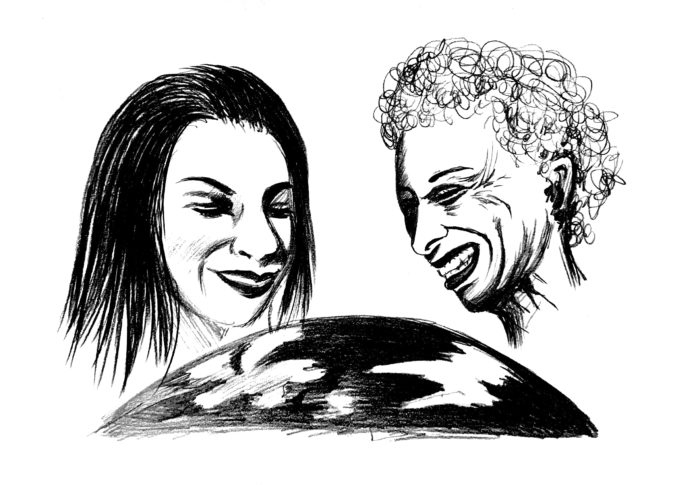When I read the recent news that Swedish 16-year-old old climate activist Greta Thunberg was nominated for the Nobel Peace Prize, I felt confident about the future. Finally, people were rewarding the youth’s fight for immediate climate action. With the UN Intergovernmental Panel on Climate Change (IPCC) declaring that the planet will reach the critical threshold of warming 1.5 degrees Celsius by 2030, we don’t have a lot of time to be complacent. Numerous media outlets, such as The Guardian, National Geographic, Time and even a dedicated climate and environment section in The New York Times eagerly report about this new wave of youth activism.
Throughout these articles, one theme is prevalent. The young generation is in; the older generations are out. This is not the way we should view climate action — or any progressive social movement for that matter. Climate change is, without a doubt, the biggest threat to humanity. With no guarantee that future generations will inherit a liveable Earth, we cannot lose the support of older generations in the fight against climate change.
Young people have already made strides in climate activism for some time. In general, younger generations such as Millennials and Generation Z are more likely to believe that climate change is caused by human activity. In particular, members of Generation Z garner the most attention for their climate activism. As I mentioned, there has been much excitement and optimism following the news that Greta Thunberg was nominated for the Nobel Peace Prize. Other Global youth climate activists are also enjoying the spotlight, such as Ugandan 14-year-old climate activist organizer Leah Namugerwa. Here in LA, youth activists last month took part in a global school walkout. This momentum should encourage everyone to take more action to address climate change.
While seeing young people take action against climate change brings me hope for our future, it’s missing one key aspect: the experience of the generations that came before us. Our parents and grandparents should be hand in hand in the streets with us when we demand climate action. There is no doubt that past generations created climate change, especially by failing to take action on the matter when it was first presented to Congress in 1988. However, past generations also took to the streets to raise awareness for issues of their day. Perhaps you have had a grandparent that marched for civil rights in the 1960s or refused to be drafted in the Vietnam War. Even our parents, who we group in the apathetic Generation X cohort, found their own sense of activism through the cultural rebellions that defined the 1980s and 1990s. No matter what kind of activism older generations may have been involved in — no matter how grand or trivial, historical or forgetful, visible or invisible — those who came before us found ways go against what they viewed as unjust. They helped put us in this mess, and they will be the ones to help us get out of it.
Some may argue that it’s not our responsibility to include older generations in our activism; if older generations truly cared about issues that affect our future, they would be doing more to fight for that future now. Although this statement is somewhat true, it goes against one of the most powerful aspects of activism: inclusion. We cannot have true climate activism until we do our part to include everyone into the movement, and we have the resources to do so.
We are the most connected generation in history. We grew up during the rise of YouTube and Facebook. We went through our teens discovering new music on Spotify while scrolling through Instagram. Young people today saw the world’s endless realms of knowledge and despair through the screens of their smartphones. We should be using such a tool to not only educate and coordinate ourselves in this fight for a sustainable future but do the same for our parents and their parents. Instead of casting away older generations, we should hear what they want to learn and how they want to get involved, then provide them with the platform and tools to do so.
We have 11 years before 2030. Let’s spend them rallying for our future hand-in-hand with those who have fought for justice before.
Aerex Narvasa is an undeclared first year. He can be reached at anarvasa@oxy.edu.
![]()































